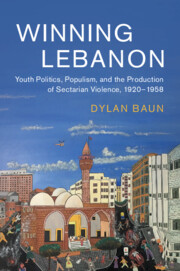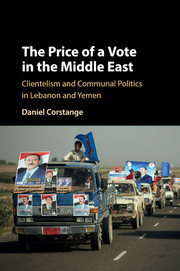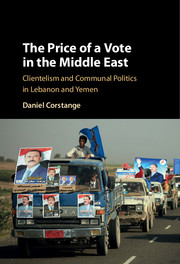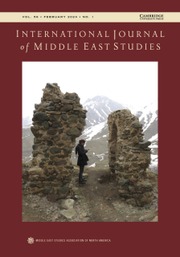Winning Lebanon
By the mid-twentieth century, youth movements around the globe ruled the streets. In Lebanon, young people in these groups attended lectures, sang songs, and participated in sporting events; their music tastes, clothing choices and routine activities shaped their identities. Yet scholars of modern Lebanon often focus exclusively on the sectarian makeup and violent behaviors of these socio-political groupings, obscuring the youth cultures that they forged. Using unique sources to highlight the daily lives of the young men and women of Lebanon's youth politics, Dylan Baun traces the political and cultural history of a diverse set of youth-centric organizations from the 1920s to 1950s to reveal how these youth movements played significant roles in the making of the modern Middle East. Outlining how youth movements established a distinct type of politics and populism, Winning Lebanon reveals that these groups both encouraged the political socialization of different types of youth, and, through their attempts to 'win' Lebanon - physically and metaphorically - around the 1958 War, helped produce sectarian violence.
- A cultural and political history of youth culture and youth-centric organizations in Lebanon from 1920–1958
- Outlines how the politics and populism established by youth movements played a significant role in the making of modern Lebanon
- Adds new perspectives on popular culture and youth social formation in the history of the modern Middle East
Reviews & endorsements
'Winning Lebanon provides a finely-grained examination of the techniques and rituals employed by populist youth movements in mid-twentieth century Lebanon combined with a reconsideration of the contingent and sometimes ambivalent positions taken by these movements in the civil war of 1958 that challenges conventional assumptions about the sectarian nature of that conflict.' James Jankowski, University of Colorado
‘Baun brings unique detail and differentiation to the history of youth politics in Lebanon. As a corrective to widespread assumptions, he argues that conflicts between movements were not exclusively the product of sectarianism. Violence was triggered by extraneous factors and turned sectarian because of divisive practices and language learned under colonial rule.’ Peter Wien, University of Maryland
‘Baun’s Winning Lebanon is a useful reminder to judge the past on its own terms, not on the basis of what happened later.’ P. Clawson, Choice
Product details
October 2020Adobe eBook Reader
9781108858298
0 pages
This ISBN is for an eBook version which is distributed on our behalf by a third party.
Table of Contents
- Introduction
- 1. The future of young men: the construction and performance of youth politics
- 2. Producing space: celebrations of organizational life and death
- 3. Broadening the base: the poor, the countryside, women, and abroad
- 4. In defense of Lebanon: the non-sectarian causes of the 1958 war
- 5. Fighting the punks: the routine practices and sectarian outcomes of the 1958 war
- Epilogue: centering youth, remembering and globalizing 1958.





